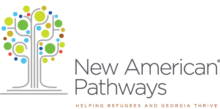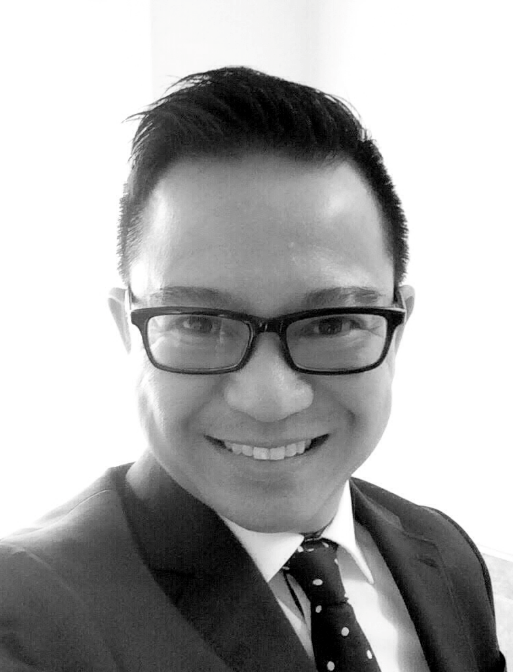This month’s thought leader piece is written by Luke Anh Nguyen. Anh has worked at the Census Bureau, Atlanta Region, as a Partnership Specialist and Data Dissemination Specialist since 2008. His work involves in providing Census data presentation and training workshops to a wide range of Census customers, responding to data inquiries, raising public awareness of, and participation in Census surveys and programs, especially the 2020 Decennial Census and the American Community Survey. Anh pays more attention to working with the underserved and underrepresented communities, who usually experience undercount in the Census. Anh was a native of Vietnam, and immigrated to the United States in 1992. He graduated from Cornell University with a degree in History of Architecture and Urbanism. He is interested in the intersection of architecture production and human geography – the interaction between communities, cultures, and economies with the built space and place. Anh’s work in engaging and promoting participation of the Asian communities in the 2010 Census was recognized by the GA Asian Complete Count Committee, for which he received the Community Champion Award, presented by Congressman John Lewis in 2011.
“The people have often made mistakes, but given time and facts, they will make the corrections.” – President Harry Truman
My family’s America journey started in upstate New York after years living in the turmoil of war conflicts, political persecution, and religious repression in Communist Vietnam. America’s genius – her past, accomplishments, dreams, and hopes unfolded before us. We were attracted to America because she has nothing to do with any particular group of race or ethnicity; everyone can partake in the American Dream. Our street was named after a German; our landlord and neighbors were Italian and Slovakian and Jew. There was a Polish Catholic church in the neighborhood, but we went to the one built by the Irish, who quickly established an Asian Apostolate to help settle us in.
Vietnamese refugees arrived at the time when upstate New York’s population was in decline. Businesses moved elsewhere, churches closed, and neighborhoods were neglected. With the help of the Refugee Resettlement agency and others, we quickly adjusted and transformed the city, injecting new energy into the communities, opening new businesses, and weaving into the changing local economy. My pastor (Father Thomas Fitzpatrick) recalled he was sent to the parish to close it down in the late 1970’s. Much to his surprise, waves of refugees and immigrants came and helped sustain the city livelihood significantly. We are still living in an “age of miracles” in America.
I got hooked on public service immediately, first with Catholic Charities that eventually led me to a one-year JustServe AmeriCorps volunteer service focusing on anti-violence in the community. The experience led me to a Program Coordinator position at the Center for New Americans, a community service-based organization helping resettle refugees and immigrants in upstate New York. My work involved providing services such as translation and healthcare services, mediating between parents and the school district, filling out applications, organizing community events, writing grants and implementing programs, and advising management leadership. But picking up refugees at the airport was always fun and exciting. I can vividly remember how happy and relieved we were when we saw a throng of community leaders, fellow countrymen, and case workers receive us at the airport when we first arrived. I wanted to relive that experience by making other refugees feel welcomed and relieved.
Moving to Atlanta and working at the Census Bureau was a revealing experience . Not so long ago, the idea of the Asian in the “Deep South” was almost incongruous and antithetical amidst the black-white racial binary. I think the watershed moment was the passage of the Refugee Act of 1980, signed into law by President Jimmy Carter, which revised the definition of refugees, and thus effectively helped resettling more refugees into the United States. However, the Steerage Act of 1819 actually started to regulate and collect immigrant statistics. The Census Bureau entrusted me in working with the Asian population across the Southeast region. In the process, I was exposed to and learned more about the lives of refugees and immigrants in the South, I’ve seen it and experienced it; refugees and immigrants diversify and change the fabric of America, for better.
I believe in the “American faith” and her generosity of spirit, in the transcendental nature of human limitations. Given proper opportunities, human can unlock their potential and capacity, lifting up the weakest among us. For me, civic work is an obligation of citizenship, of being genuine American. All of us have a voice and duty in our government, to fight for equity and equality, like in the words of President George Bush, citizenship is “a sense of neighborliness, Christian charity, and social responsibility.”

